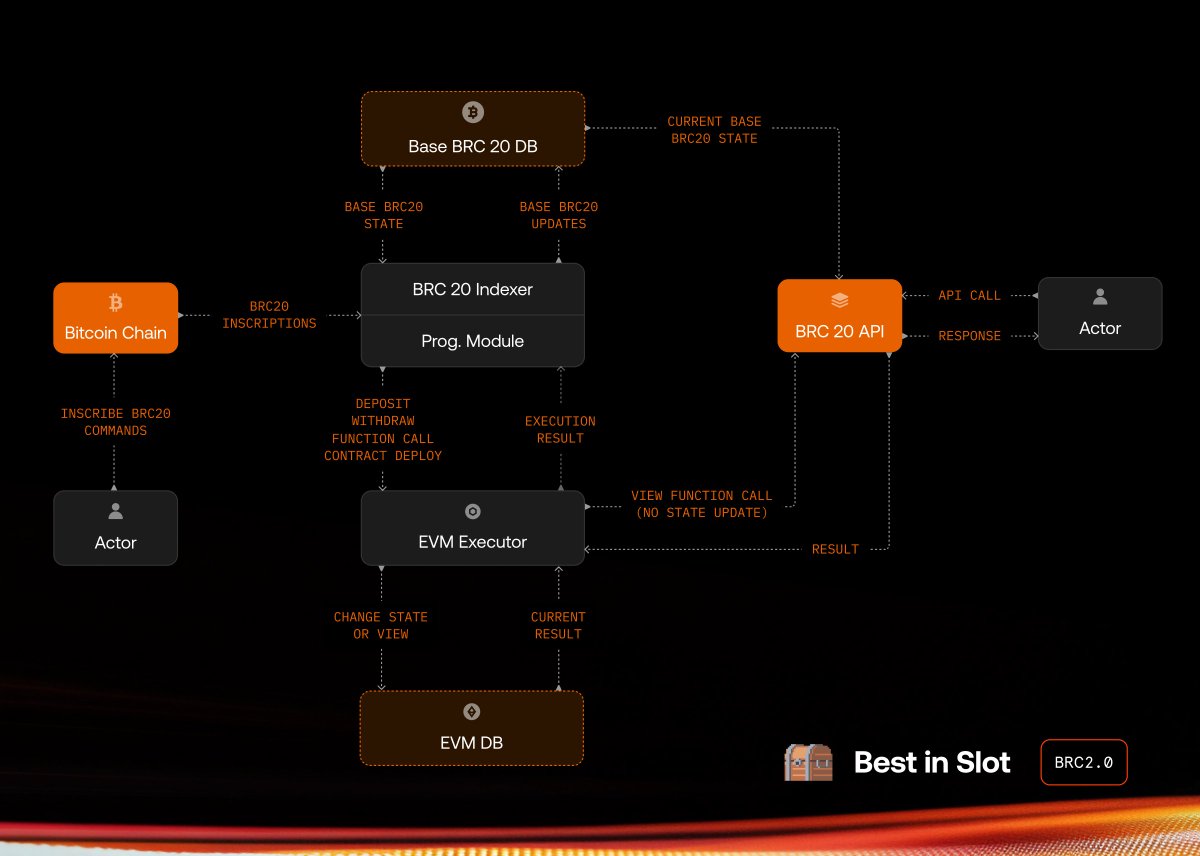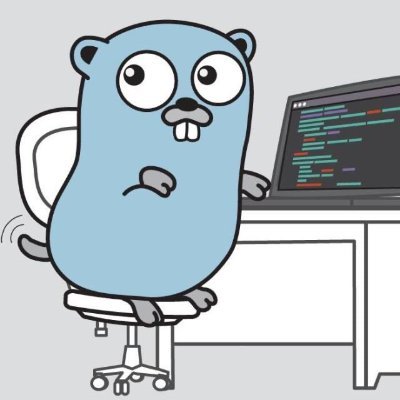Assuming what he said is true, my most speechless point is different from everyone else's. It's one thing for @SAT20Labs, which prides itself on being sufficiently decentralized, to delay the mainnet launch and the launch of runes, but it's another to inexplicably refuse to leverage BRC20. They even claim they will wait until the BRC2.0 upgrade is complete before researching BRC20. This is a typical case of neglect, insisting on giving such a great opportunity to teams like BRC2.0, Merl, and FB.
BRC2.0: An Absurd Script of a "Pseudo Smart Contract"
If you read the technical documentation carefully, you will find that this is not an upgrade; it is a mockery of the fundamental principles of blockchain. The essence of BRC2.0 is not a smart contract, not modular, and it cannot even be called a decentralized system. It is a pseudo-protocol that completely relies on off-chain black box executors, packaging "smart contracts" into a massive illusion.
Pretending to be a smart contract, it is actually a message board + centralized service.
The way BRC2.0 works is essentially as follows:
Users publish a JSON formatted "instruction" inscription on the Bitcoin chain, for example, "I want to exchange 100 USDT for ORDI";
An off-chain server (executor) sees this inscription, parses it, and runs it in its local EVM environment (revm);
The executor then generates a "result inscription," such as "You successfully exchanged for 98 ORDI," and writes it back to the Bitcoin chain;
The user or frontend then reads this result and accepts this version of "reality."
The four pillars of blockchain, BRC2.0 has none of them.
✅ Consensus? None.
No nodes participate in verifying the execution results; the results are determined solely by an off-chain program. You can only choose to believe it or not.
✅ State? None.
The Bitcoin chain does not record contract states. All contract variables, balances, and mappings exist in the executor's database; whoever controls it controls the "chain."
✅ Verifiability? None.
No one can verify whether the execution results are correct, cannot replay, cannot recheck. Only the executor running the contract says, "This is how I ran it."
✅ Decentralization? None.
You do not know who the executor is, you do not know who wrote the receipt, the entire network has no "consensus process," let alone multi-node fault tolerance.
In other words, this is not a smart contract at all; it is merely an inscription-based RPC calling system, where the execution logic is completely centralized, the state is entirely off-chain hosted, and verification relies entirely on belief (as for whether you believe it or not...).
The most ironic part is: since it is executed off-chain, why still use EVM?
This is the most absurd part:
Since contract execution is already off-chain, with no consensus constraints or resource limitations, why are you still using EVM?
EVM was born for on-chain execution, designed to ensure gas limits and resource isolation, and is extremely limited;
If you are executing off-chain, you should not use such a primitive, narrow, and outdated execution environment.
You could use a more powerful virtual machine, a more advanced language, or even AI to handle users' "contract intentions."
Take an extreme but reasonable example:
I could even initiate a "dream contract," where the user inscribes: "GPT, I dreamed last night that Satoshi told me ETH would rise."
Then ChatGPT replies: "The dream has been interpreted; this dream is about wealth, you should increase your Ethereum holdings."
Then writing these two sentences into an inscription would be an "AI + on-chain smart interaction," right?
Logically, it is exactly the same as BRC2.0, and the credibility might even be a bit higher.
Isn't this also a kind of "smart contract"?
More intelligent than BRC2.0's "revm swapExactTokensForTokens."
This is not a joke; it points out that if you do not require the execution logic to be verified at all, then any off-chain computation + on-chain receipt is much more flexible than your EVM, so why pretend to be Ethereum?
Finally, let me complain about this embarrassing name BRC2.0.
We all know that BRC is derived from Ethereum's ERC naming, corresponding to Ethereum's Ethereum Request for Comment. Let's not mention that Bitcoin's improvement proposals are called BIP (Ethereum also uses the past term EIP), and there is no such thing as Bitcoin Request for Comment.
Taking a step back, even if you want to create an upgraded version, shouldn't it be BRC20 2.0? Ethereum's ERC has nearly 8000 proposals, and it hasn't upgraded to ERC2.0; it's still too backward.
Note that technical negation does not mean there are no speculative opportunities; you know you are participating in speculation.

6.4K
3
The content on this page is provided by third parties. Unless otherwise stated, OKX is not the author of the cited article(s) and does not claim any copyright in the materials. The content is provided for informational purposes only and does not represent the views of OKX. It is not intended to be an endorsement of any kind and should not be considered investment advice or a solicitation to buy or sell digital assets. To the extent generative AI is utilized to provide summaries or other information, such AI generated content may be inaccurate or inconsistent. Please read the linked article for more details and information. OKX is not responsible for content hosted on third party sites. Digital asset holdings, including stablecoins and NFTs, involve a high degree of risk and can fluctuate greatly. You should carefully consider whether trading or holding digital assets is suitable for you in light of your financial condition.


